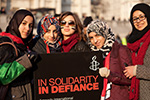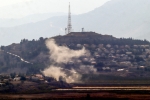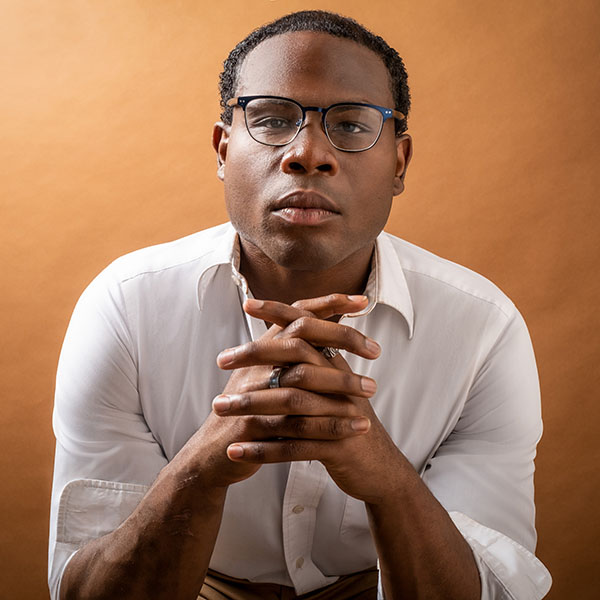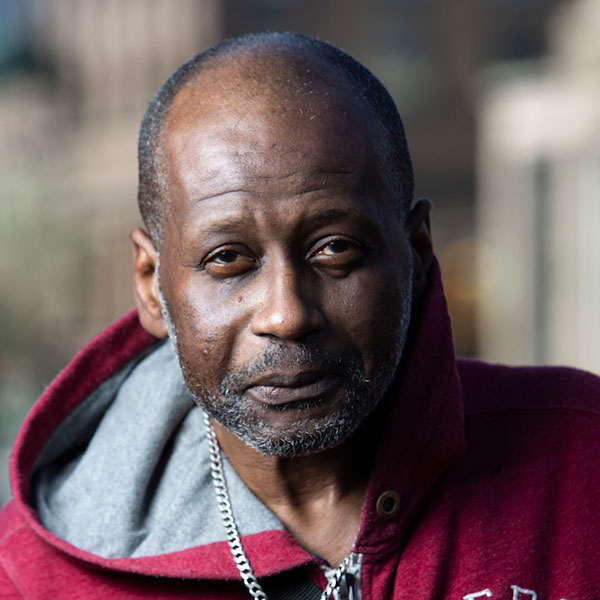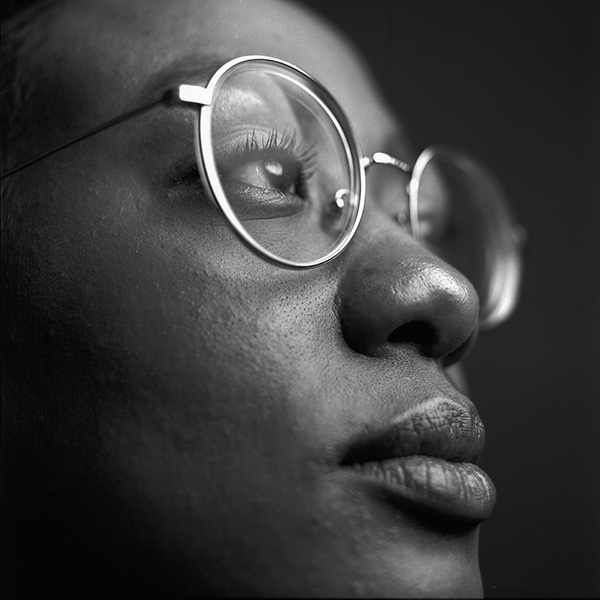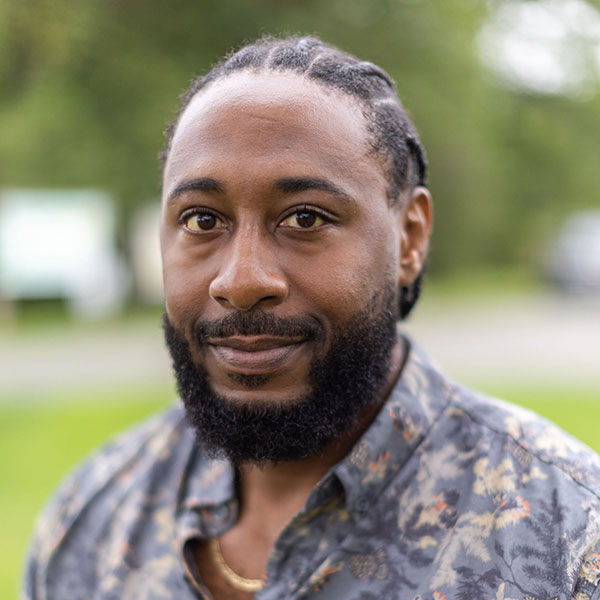Welcome to Amnesty International Canada’s human rights podcast!
Every episode of this show tackles anti-Black racism from a different angle. We introduce you to fascinating people, powerful stories, and highlight what you can do to take action right now.
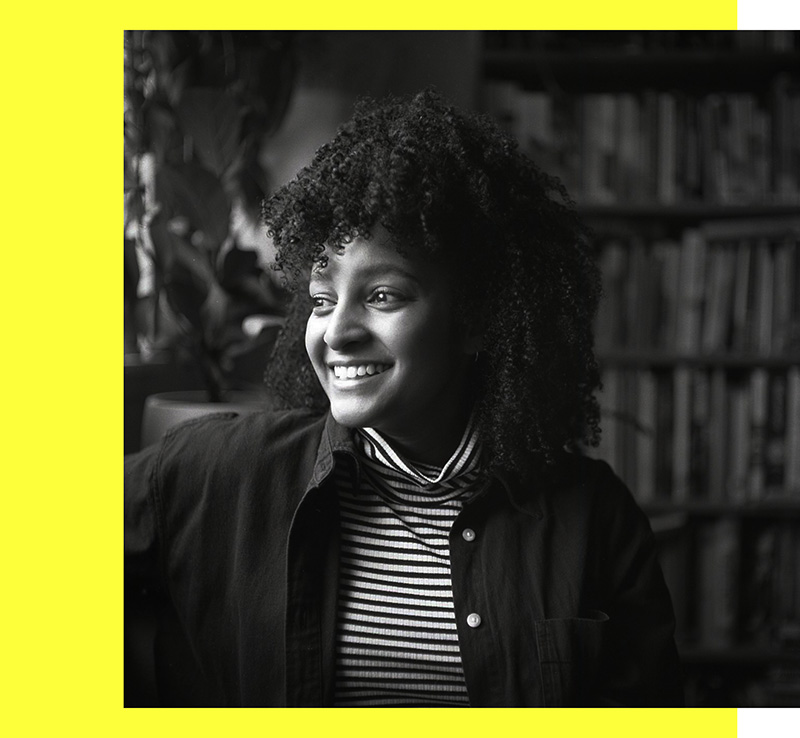
About the Show
Amnesty International Canada examines anti-Black racism, policing, and surveillance in a brand-new podcast, Rights Back At You. We delve into stories of resistance and meet the people making change unstoppable. From facial recognition and the right to protest to the war on drugs and defunding the police, this series connects the dots and passes the mic to people building a better future now. Together, we unravel the Canada you think you know and challenge the systems that hold back human rights.
Meet the Host
Daniella Barreto is the host and producer of Rights Back at You and Amnesty International Canada’s Digital Activism Coordinator. She was an organizer with Black Lives Matter Vancouver when the group discovered they were under police surveillance. She has a background in epidemiology and public health and is concerned with the intersections of racism, health, and policing. She co-produced RUDE the Podcast and was runner-up in the 2019 Hot Docs Podcast Festival Pitch Competition. Daniella is an immigrant from Zimbabwe to unceded Musqueam, Squamish, and Tsleil-Waututh territories (aka Vancouver, BC).
AS SEEN IN





EPISODES
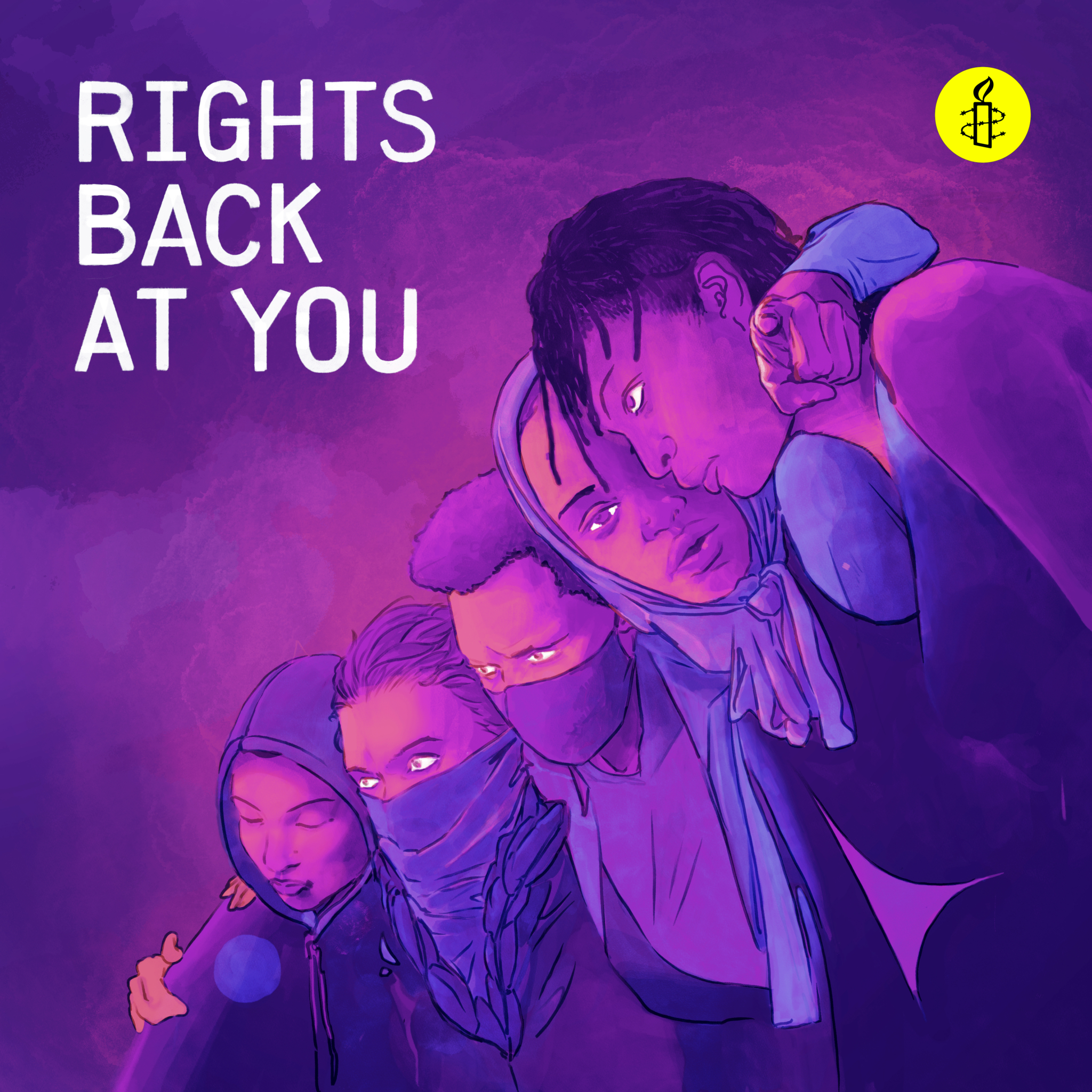
1 | Facial Recognition and Policing Protesters
After posting a photo on the internet from a Black Lives Matter protest, Derrick Ingram’s apartment was surrounded by the New York Police Department. It seemed like they had tracked him down using facial recognition. If police can use surveillance technology to target activists like Derrick, will people think twice about speaking out?

2 | Street Surveillance and The War on Drugs
What does the future of harm reduction look like for communities that are already overpoliced and surveilled? In Vancouver’s Downtown Eastside, we connect with harm reduction activist Hugh Lampkin who saves lives with naloxone and community building. We investigate how drug criminalization impacts Black people in Canada, and visit the MySafe machine, a palm-scanning smart vending machine for drugs.

3 | Don’t You Be My Neighbour
Rowa Mohamed showed up to support her neighbours at an encampment eviction and was injured by police during the protest. Her experience of violence is not unusual – Black Muslim women are often treated with suspicion, like they don’t belong. What happens when people “fight crime” with home surveillance technology and treat their own neighbours as suspects?

4 | Walking While Black
Gyasi Symonds filed a complaint with the Human Rights Commission after being street checked by Halifax Police. He won. Despite his victory, street-level surveillance and carding are still widespread across Canada. A movement to defund the police and invest in the community has erupted from coast to coast. We pass the mic to grassroots groups to hear about where they want funding to go, and what new worlds we can imagine.

5 | Access Denied – tech at the border
Borders have long been sites of colonial enforcement about who can come, who can go, who gets expelled, and how Indigenous Peoples are treated. Canada’s border is no different. When you’re fleeing danger in your home country and entering another, is it fair to have life-altering decisions made by technology— technology that can be unreliable and reinforce bias?










